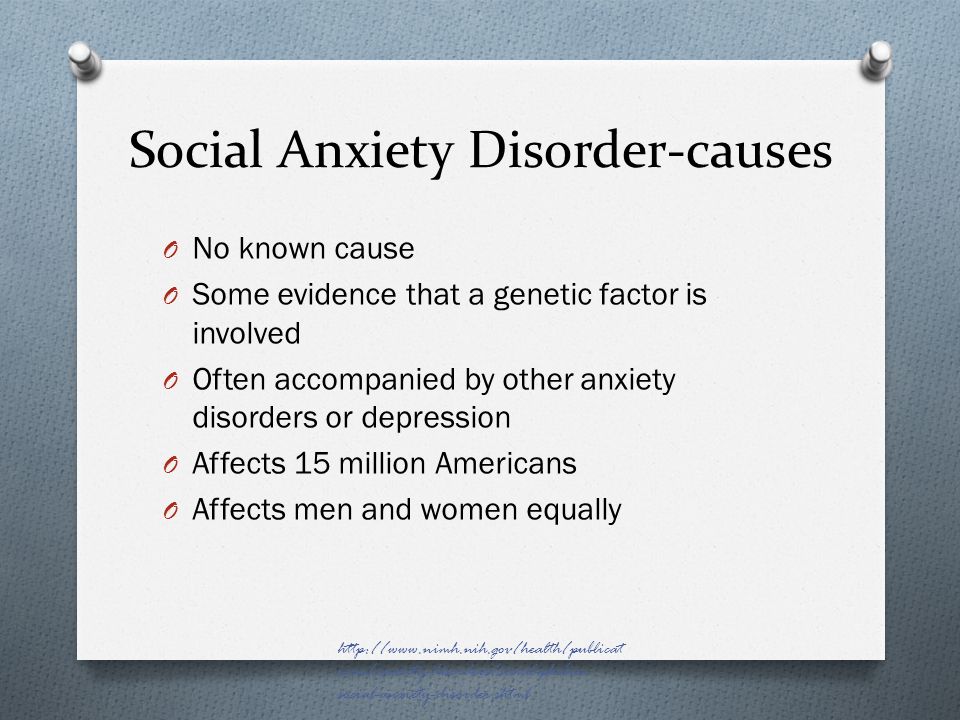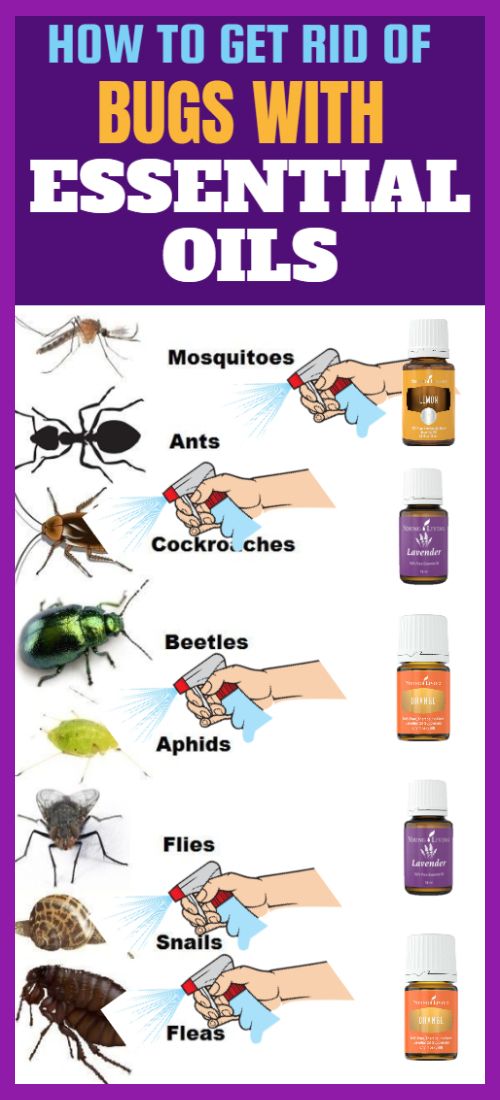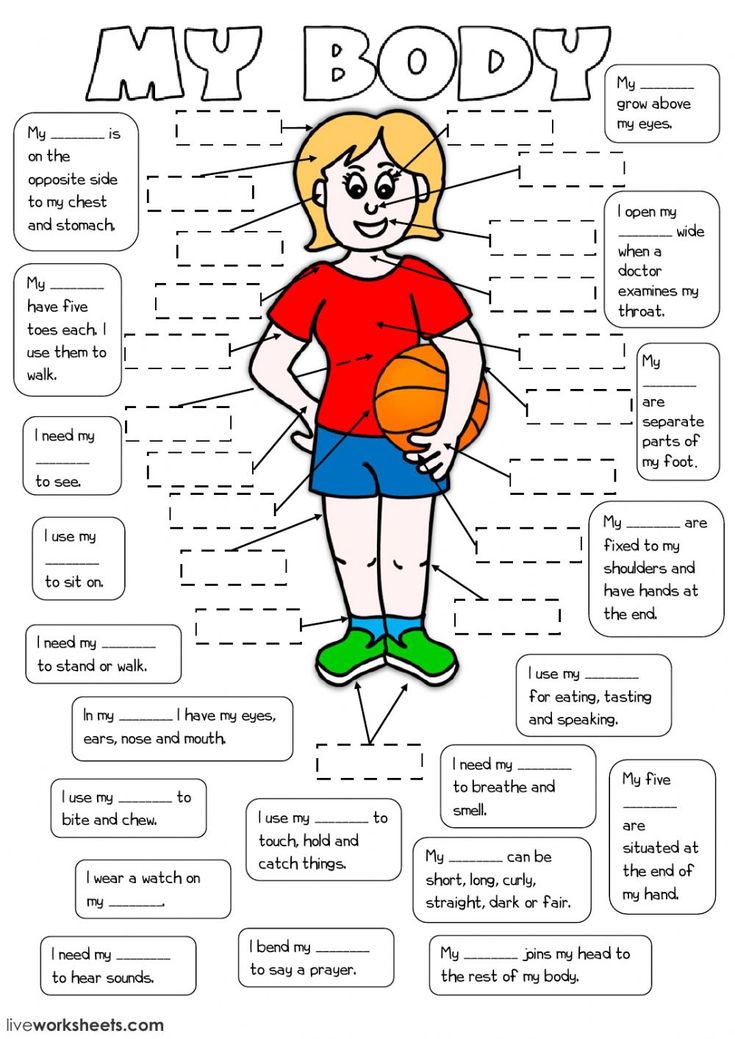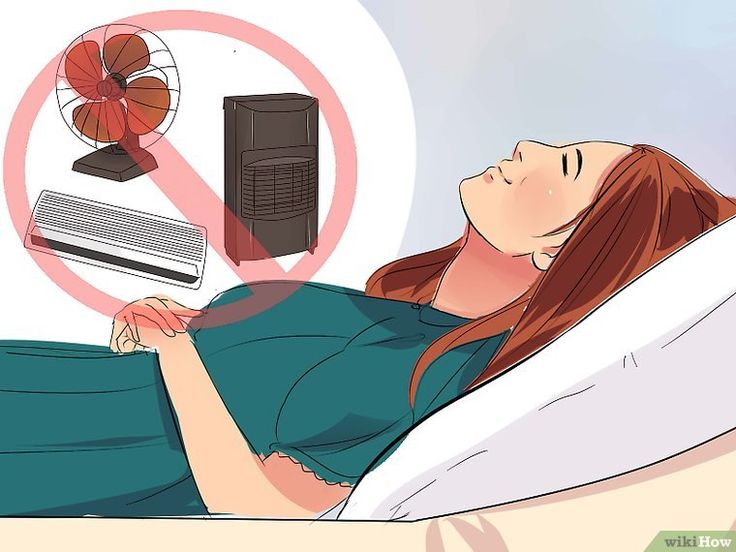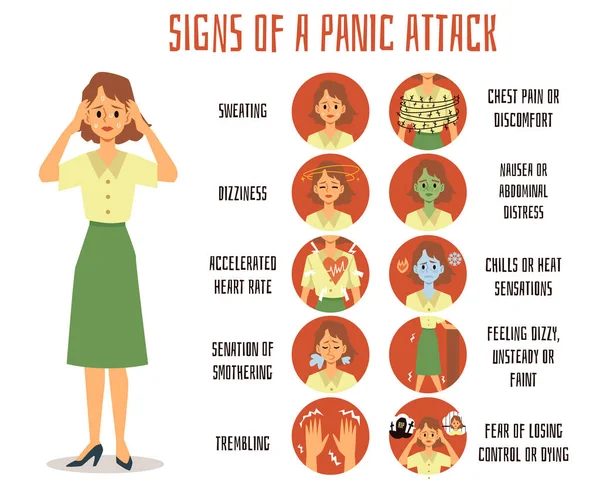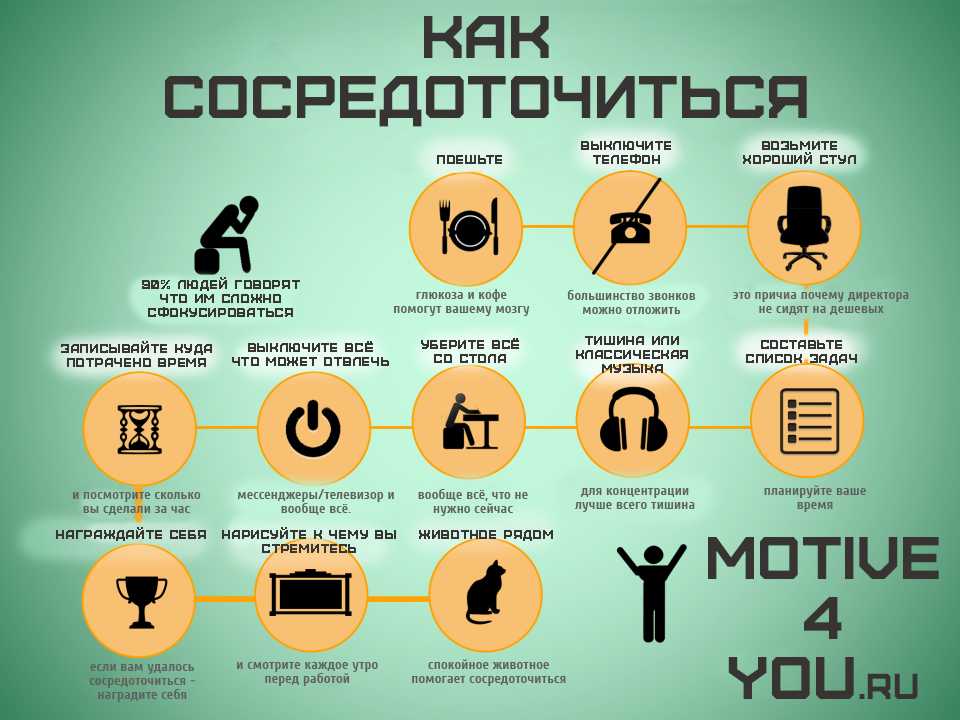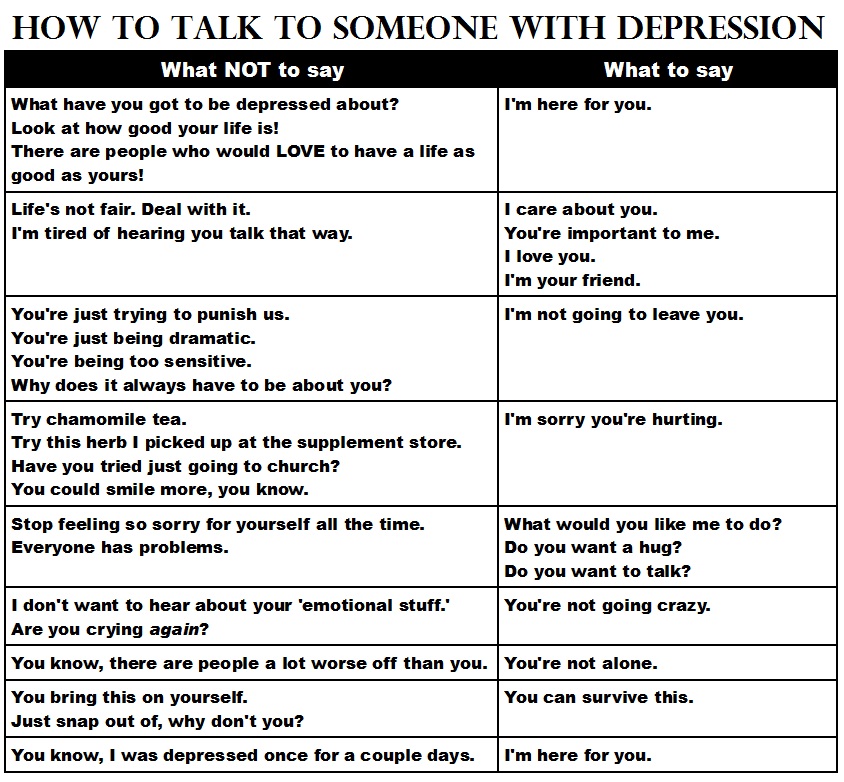Vampire energy drain
10 Signs to Watch For and How to Deal with Them
Energy vampires are people who — sometimes intentionally — drain your emotional energy. They feed on your willingness to listen and care for them, leaving you exhausted and overwhelmed.
Energy vampires can be anywhere and anyone. They can be your spouse or your best friend. They can be your cubicle mate or your neighbor.
Learning how to identify and respond to this toxic behavior can help you preserve your energy and protect yourself from a great deal of emotional — and physical — distress.
Read on to learn more about how an energy vampire acts and what you can do next.
Energy vampires are often charismatic. They may slink out of trouble when problems arise because of this charm.
They’re crafty and may pin problems on someone else in almost every situation.
They never accept culpability for their role in any disagreement or issue. You’re often left holding the guilt — and possibly the blame.
For example:
- “I can’t believe no one could get this right. What an embarrassment!”
- “I just sat there. He kept getting angry at me, and I still don’t know what I did.”
Energy vampires always find themselves in the middle of a catastrophe, flailing from target to target with their emotional and dramatic behavior.
When they’ve landed on you, they fling this drama onto you in hopes you’ll absorb it, fix it, and right their ship.
For example:
- “Why am I always the one everyone gets mad at? I don’t deserve this.”
- “I just can’t take this anymore. I didn’t do anything to Ellen, but she’s stopped talking to me. Why can’t everyone be as kind as you?”
An energy vampire never likes to be outdone, and they aren’t keen to share the spotlight. This is one of their many narcissistic tendencies.
They struggle to feel genuine happiness for another person. Instead, they prefer to pull energy to feed their emotional demands.
For example:
- “That’s really good news. I actually applied for a new job today, too, and I really need some help with my resume. Do you mind looking it over?”
- “So proud of you! Only three more certifications to go to catch up with me!”
Energy vampires feed off your emotional energy. And if you’re sad or upset, your energy supplies are dwindling.
To drain the most energy from you, energy vampires will shift the attention of the discussion to themselves, turning your dismay into their emotional buffet.
For example:
- “I know your job doesn’t pay well, but at least your job is fun. You have to help me find a new one.”
- “You’re super swamped at work, and I get it, but I really, really need to talk to you tonight about this issue with Mark.”
Energy vampires place their problems squarely on the shoulders of other people. They take no responsibility for their contributions to their difficulties.
What they’re seeking is emotional support to boost their self-esteem.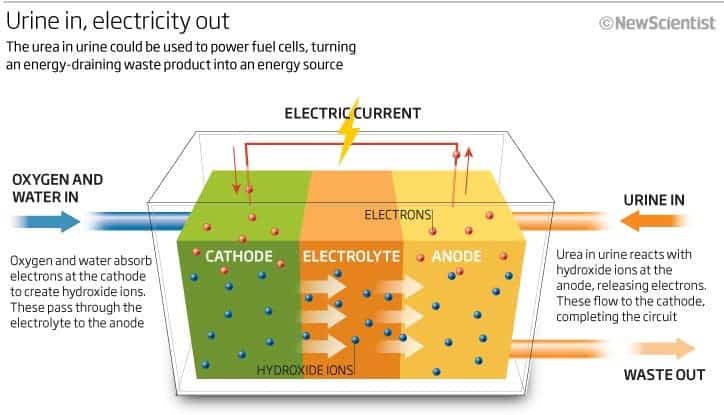
For example:
- “He’s always so unreasonable. I do the best I can, but it’s just never enough.”
- “This day started off bad and it only got worse.”
People who are sensitive and compassionate are prime targets for energy vampires. You offer a listening ear, a kind heart, and endless energy.
In that way, energy vampires use your very nature against you, draining you of your vitality.
For example:
- They monopolize your time at every social occasion so they can have as much of your energy as they can get.
- They know you’ll feel guilty turning them down for coffee or a dinner date, so they ask regularly.
Energy vampires often rely on guilt trips to get what they want. They know shame is a great weapon against people who are compassionate and caring.
Likewise, ultimatums are an effective way to capture a person’s attention and coerce them into doing something they otherwise may not want to do.
For example:
- “I don’t know how you expect me to make it without you.
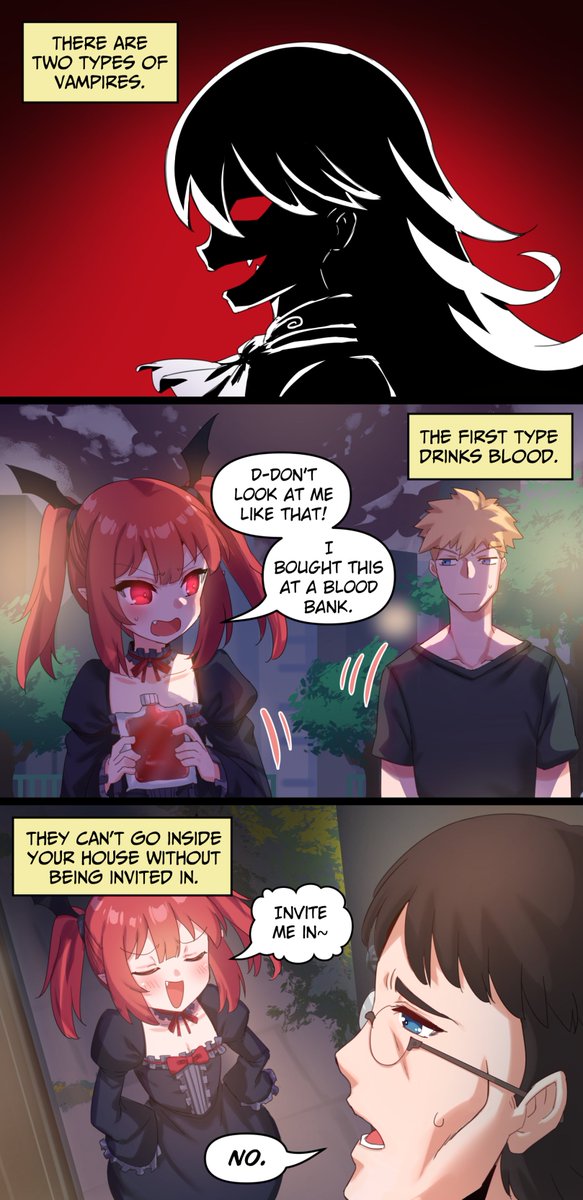 I’ll fall apart.”
I’ll fall apart.” - “If you really care for me, you’ll call him and tell him how much I love him.”
Codependency is a type of relationship where every action is designed to elicit a certain reaction from the other individual.
It’s a vicious cycle of behavior, but energy vampires rarely recognize that they’re in them.
They use these relationships — often romantic ones — to continue spinning a cycle of drama and emotional need.
For example:
- “I know this isn’t a good relationship, but it’s so much better than trying to get over him and learn to date again.”
- “If I just ignore him for a few days, he’ll totally beg for forgiveness and come crawling back.”
At their core, energy vampires are often insecure. They may use dehumanizing tactics and criticisms to keep their “prey” insecure, too.
In this state, you feel like you owe them your attention and should continue to work to stop the unwarranted attacks.
For example:
- “I was too stupid to expect better from you.
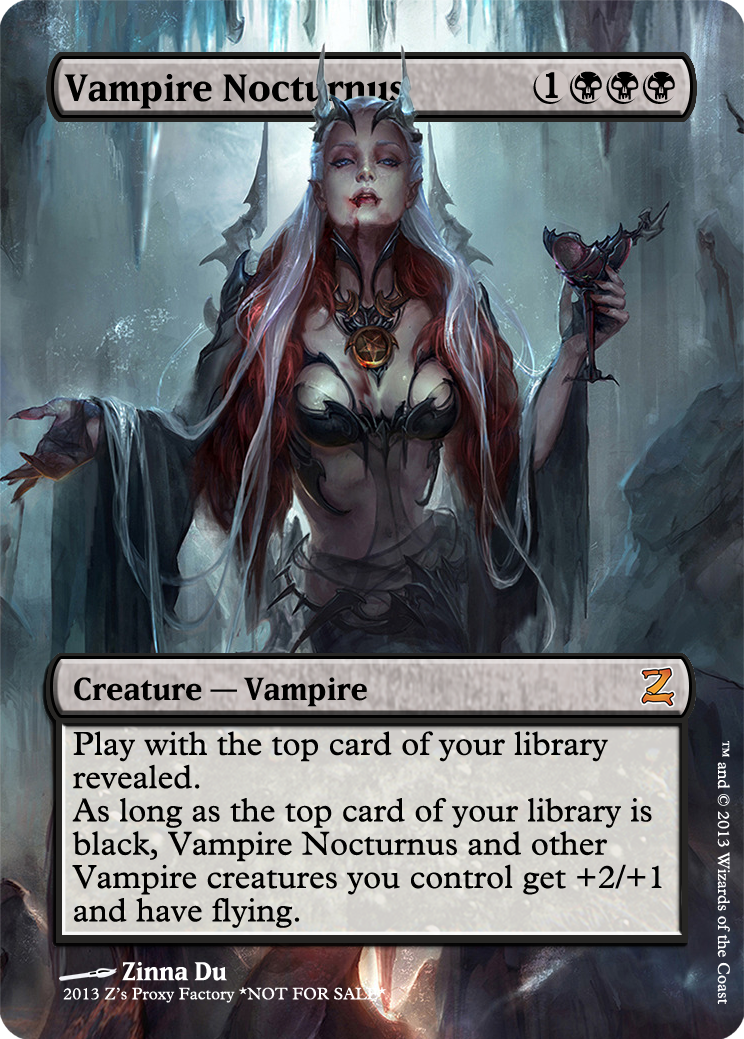 Everyone else treats me like garbage, so why not you?”
Everyone else treats me like garbage, so why not you?” - “You were in over your head from the beginning, and I told you that.”
One step removed from criticizing or bullying you, intimidation is a tool some energy vampires turn to when they need to stir up some emotional fodder.
Fear is a very strong emotional reaction. If an energy vampire can upset you, they can bolster their ego.
For example:
- “I won’t tell you this again and again.”
- “You don’t deserve a promotion. You don’t show that you even really want it.”
Energy vampires demand a lot from the people they target.
This continuous drain on your resources can have a noticeable effect on your well-being. Over time, excess stress can lead to anxiety, depression, heart disease, and more.
That’s why it’s important to recognize the behaviors and then work to remove them.
This may involve putting up walls to protect against an energy vampire’s efforts — or removing the person from your life entirely.

The ideas below may not work for everyone. Try them and mold your approach as you go until you’re able to feel in control and protected.
Establish boundariesAlthough this may be easier said than done at first, you can and should develop areas of your life where you won’t allow an energy vampire to enter.
Don’t agree to social events like dinner or coffee dates. Avoid weekend trips and other extended events where they’ll be in attendance.
At work, you can limit interactions between the two of you by not agreeing to lunches and not stopping by their desk to chat.
You may need to start small, focusing on a few areas, and then expand.
Adjust your expectationsYou can’t fix an energy vampire, but you can reshape your expectations about them.
This may involve shutting off your emotional valve and not offering advice when they vent their problems to you.
This may also mean you can’t use them as any type of emotional release either. They’ll want to reciprocate.
They’ll want to reciprocate.
If the energy vampire calls, stops by, or texts, don’t give them the room.
Offer an excuse — “I’m too tired” or “I’m too busy” will do. You could say that you’ve got plans or don’t feel well.
When they keep interfacing with excuses and not getting the emotional energy they need, they’ll look elsewhere.
Guard your emotional capacityEnergy vampires use nonverbal cues to know when they have someone on the hook. Your facial expression, the way you lean in, how you clasp your hands — an energy vampire can take these as signs of your investment.
If you instead offer stone-faced responses and only offer short statement to their questions, you won’t open yourself up to their demands, and you can reserve your energy for you.
Cut them out entirelyIn most cases, you have the freedom to excise this person from your life entirely. This may seem dramatic, but you have to remember that you’re protecting yourself in the end.
By recognizing these behaviors and trying to put an end to it, you’re protecting yourself, your health, and your overall well-being.
No one deserves to be mistreated or used in this manner. It’s certainly not your fault.
Some people refuse to accept responsibility for their own emotional maturity — and that isn’t your burden to bear.
10 Signs to Watch For and How to Deal with Them
Energy vampires are people who — sometimes intentionally — drain your emotional energy. They feed on your willingness to listen and care for them, leaving you exhausted and overwhelmed.
Energy vampires can be anywhere and anyone. They can be your spouse or your best friend. They can be your cubicle mate or your neighbor.
Learning how to identify and respond to this toxic behavior can help you preserve your energy and protect yourself from a great deal of emotional — and physical — distress.
Read on to learn more about how an energy vampire acts and what you can do next.
Energy vampires are often charismatic. They may slink out of trouble when problems arise because of this charm.
They’re crafty and may pin problems on someone else in almost every situation.
They never accept culpability for their role in any disagreement or issue. You’re often left holding the guilt — and possibly the blame.
For example:
- “I can’t believe no one could get this right. What an embarrassment!”
- “I just sat there. He kept getting angry at me, and I still don’t know what I did.”
Energy vampires always find themselves in the middle of a catastrophe, flailing from target to target with their emotional and dramatic behavior.
When they’ve landed on you, they fling this drama onto you in hopes you’ll absorb it, fix it, and right their ship.
For example:
- “Why am I always the one everyone gets mad at? I don’t deserve this.”
- “I just can’t take this anymore. I didn’t do anything to Ellen, but she’s stopped talking to me.
 Why can’t everyone be as kind as you?”
Why can’t everyone be as kind as you?”
An energy vampire never likes to be outdone, and they aren’t keen to share the spotlight. This is one of their many narcissistic tendencies.
They struggle to feel genuine happiness for another person. Instead, they prefer to pull energy to feed their emotional demands.
For example:
- “That’s really good news. I actually applied for a new job today, too, and I really need some help with my resume. Do you mind looking it over?”
- “So proud of you! Only three more certifications to go to catch up with me!”
Energy vampires feed off your emotional energy. And if you’re sad or upset, your energy supplies are dwindling.
To drain the most energy from you, energy vampires will shift the attention of the discussion to themselves, turning your dismay into their emotional buffet.
For example:
- “I know your job doesn’t pay well, but at least your job is fun. You have to help me find a new one.
 ”
” - “You’re super swamped at work, and I get it, but I really, really need to talk to you tonight about this issue with Mark.”
Energy vampires place their problems squarely on the shoulders of other people. They take no responsibility for their contributions to their difficulties.
What they’re seeking is emotional support to boost their self-esteem.
For example:
- “He’s always so unreasonable. I do the best I can, but it’s just never enough.”
- “This day started off bad and it only got worse.”
People who are sensitive and compassionate are prime targets for energy vampires. You offer a listening ear, a kind heart, and endless energy.
In that way, energy vampires use your very nature against you, draining you of your vitality.
For example:
- They monopolize your time at every social occasion so they can have as much of your energy as they can get.
- They know you’ll feel guilty turning them down for coffee or a dinner date, so they ask regularly.
Energy vampires often rely on guilt trips to get what they want. They know shame is a great weapon against people who are compassionate and caring.
Likewise, ultimatums are an effective way to capture a person’s attention and coerce them into doing something they otherwise may not want to do.
For example:
- “I don’t know how you expect me to make it without you. I’ll fall apart.”
- “If you really care for me, you’ll call him and tell him how much I love him.”
Codependency is a type of relationship where every action is designed to elicit a certain reaction from the other individual.
It’s a vicious cycle of behavior, but energy vampires rarely recognize that they’re in them.
They use these relationships — often romantic ones — to continue spinning a cycle of drama and emotional need.
For example:
- “I know this isn’t a good relationship, but it’s so much better than trying to get over him and learn to date again.
 ”
” - “If I just ignore him for a few days, he’ll totally beg for forgiveness and come crawling back.”
At their core, energy vampires are often insecure. They may use dehumanizing tactics and criticisms to keep their “prey” insecure, too.
In this state, you feel like you owe them your attention and should continue to work to stop the unwarranted attacks.
For example:
- “I was too stupid to expect better from you. Everyone else treats me like garbage, so why not you?”
- “You were in over your head from the beginning, and I told you that.”
One step removed from criticizing or bullying you, intimidation is a tool some energy vampires turn to when they need to stir up some emotional fodder.
Fear is a very strong emotional reaction. If an energy vampire can upset you, they can bolster their ego.
For example:
- “I won’t tell you this again and again.”
- “You don’t deserve a promotion. You don’t show that you even really want it.
 ”
”
Energy vampires demand a lot from the people they target.
This continuous drain on your resources can have a noticeable effect on your well-being. Over time, excess stress can lead to anxiety, depression, heart disease, and more.
That’s why it’s important to recognize the behaviors and then work to remove them.
This may involve putting up walls to protect against an energy vampire’s efforts — or removing the person from your life entirely.
The ideas below may not work for everyone. Try them and mold your approach as you go until you’re able to feel in control and protected.
Establish boundariesAlthough this may be easier said than done at first, you can and should develop areas of your life where you won’t allow an energy vampire to enter.
Don’t agree to social events like dinner or coffee dates. Avoid weekend trips and other extended events where they’ll be in attendance.
At work, you can limit interactions between the two of you by not agreeing to lunches and not stopping by their desk to chat.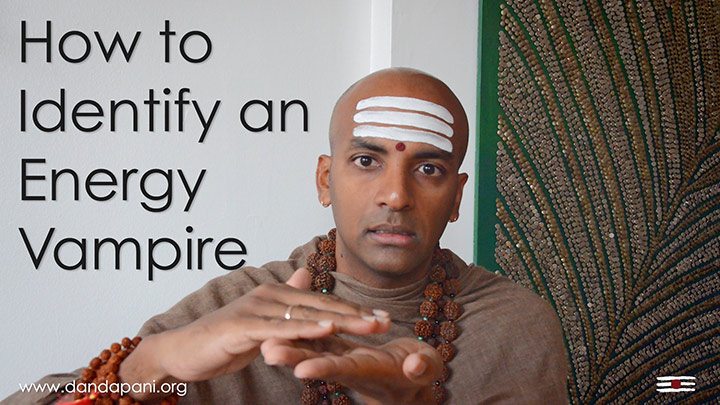
You may need to start small, focusing on a few areas, and then expand.
Adjust your expectationsYou can’t fix an energy vampire, but you can reshape your expectations about them.
This may involve shutting off your emotional valve and not offering advice when they vent their problems to you.
This may also mean you can’t use them as any type of emotional release either. They’ll want to reciprocate.
Don’t give them an inchIf the energy vampire calls, stops by, or texts, don’t give them the room.
Offer an excuse — “I’m too tired” or “I’m too busy” will do. You could say that you’ve got plans or don’t feel well.
When they keep interfacing with excuses and not getting the emotional energy they need, they’ll look elsewhere.
Guard your emotional capacityEnergy vampires use nonverbal cues to know when they have someone on the hook. Your facial expression, the way you lean in, how you clasp your hands — an energy vampire can take these as signs of your investment.
If you instead offer stone-faced responses and only offer short statement to their questions, you won’t open yourself up to their demands, and you can reserve your energy for you.
Cut them out entirelyIn most cases, you have the freedom to excise this person from your life entirely. This may seem dramatic, but you have to remember that you’re protecting yourself in the end.
By recognizing these behaviors and trying to put an end to it, you’re protecting yourself, your health, and your overall well-being.
No one deserves to be mistreated or used in this manner. It’s certainly not your fault.
Some people refuse to accept responsibility for their own emotional maturity — and that isn’t your burden to bear.
: Author Gennady Goncharov :: Dni.ru
The goal of an energy vampire is to get positive energy by unbalancing a person. Most often, vampires are people who have not realized themselves in life, they enjoy when they make someone bad, destabilize, spoil the mood.
Anyone from your environment can turn out to be an energy vampire: a boss who puts pressure on his subordinates, a business partner, and even a close relative, spouse, girlfriend.
The Internet is full of those who want to feed on other people's energy. All these people operate under fictitious fake names, they, as a rule, are the owners of pages without friends and with one picture instead of a photo. These people are engaged in trolling others, infuriating people with their comments or posts, writing nasty things under false names, insulting, becoming personal.
Some of them learn to vampire consciously, while others do it unconsciously. The desire to engage in vampirism suggests that a person has a certain "hole" and he needs to draw energy somewhere. Vampires infuriate the interlocutor, insult, be rude, and as a result, they receive energy, but this does not benefit them. A person will never feel good from the fact that another will feel bad: strength is not added for a long time, health improves for a while, then a new dose of energy is needed.
Very often drug addicts, alcoholics, gamers become energy vampires because vice often requires additional nourishment. For example, a gambler or an alcoholic borrows money and does not return it, we begin to understand that a person has a problem that becomes ours in the blink of an eye. When we give money, we give energy. Imagine such a situation, we gave a person money in debt, the person skipped it, spent it, begins to avoid us, deceive us, we are nervous, worried - this is our money, in order to earn it, we spent strength and energy. In fact, we gave him our energy in the form of money. So borrowing is a hidden form of vampirism.
How to protect yourself from an energy vampire
Pay attention to people around you: if after talking with someone you feel empty, someone constantly forces you into conflicts, puts pressure on you, then this person is a vampire and lives off other people's energy. The first sign that a person is a vampire is if you are communicating with a person, but you have a desire to end the conversation as quickly as possible and leave. If your fears are confirmed, the first thing to do is to get out of the zone of contact with the energy vampire. In dealing with such a person, one must take the position of a contemplative and in no case assist him either at work, or on a personal level, or in any contractual relationship. The exit from the zone of contact with the vampire should be at all levels - up to the fact that he should not look into his eyes.
If your fears are confirmed, the first thing to do is to get out of the zone of contact with the energy vampire. In dealing with such a person, one must take the position of a contemplative and in no case assist him either at work, or on a personal level, or in any contractual relationship. The exit from the zone of contact with the vampire should be at all levels - up to the fact that he should not look into his eyes.
If communication with a vampire cannot be avoided in the way, for example, your boss, and you are subordinate to him, and you have no intentions to change jobs yet, then you need to learn how to close yourself. For this purpose, various meditative practices are provided that teach how to create a so-called cocoon.
Photo: Days.Ru There is a thermal field around each person. Since the average body temperature is 36.6 degrees, based on a little knowledge of physics, it can be understood that each individual is surrounded by a certain thermal cushion - our aura, which must be integral.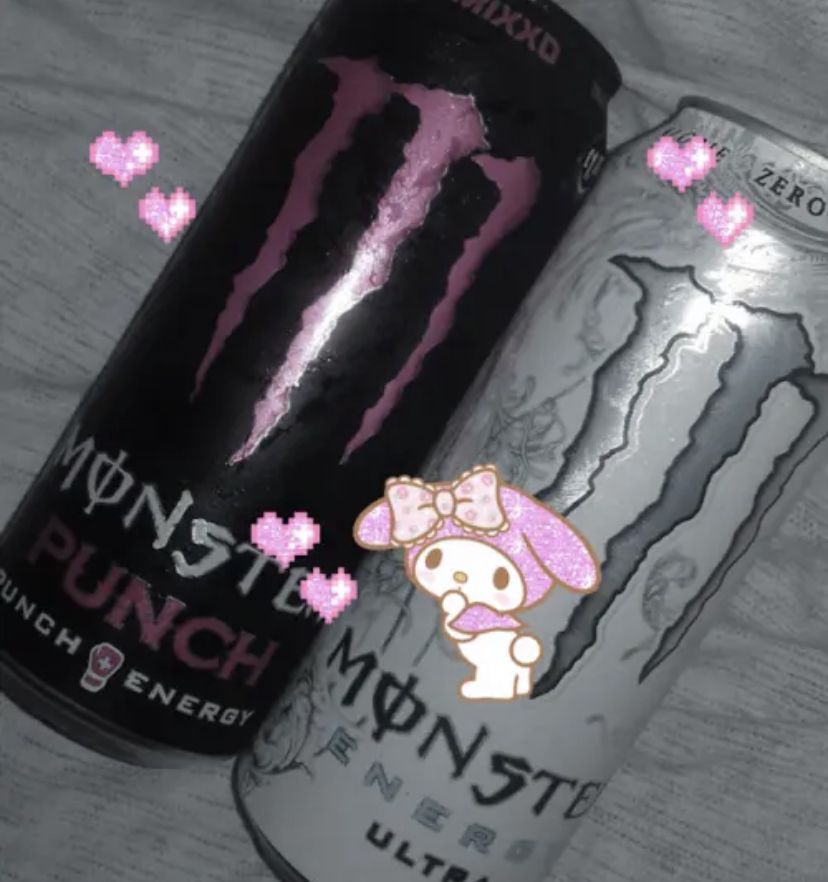 The integrity of our aura is possible only when we are in a balanced state. If the energy vampire feels that the person's aura is intact, he cannot penetrate it, and leaves him to switch to someone else. Let me give you a household example: people are standing at a bus stop, waiting for a bus, someone starts to get nervous, indignant, walk back and forth, and then, as if by magic, the people at the bus stop begin to smile. There was a release of energy because someone was out of balance, and those around them received his energy, and their mood improved.
The integrity of our aura is possible only when we are in a balanced state. If the energy vampire feels that the person's aura is intact, he cannot penetrate it, and leaves him to switch to someone else. Let me give you a household example: people are standing at a bus stop, waiting for a bus, someone starts to get nervous, indignant, walk back and forth, and then, as if by magic, the people at the bus stop begin to smile. There was a release of energy because someone was out of balance, and those around them received his energy, and their mood improved.
When dealing with a vampire, you must not allow a channel to open and energy to come out, no matter how provoked you are. You can learn to calmly perceive the criticism of your superiors, mentally build a brick wall around yourself, read prayers or mantras to yourself, the main thing is not to let a person unbalance yourself.
How to come to your senses after talking to a vampire
If the leakage of energy does happen, you need to learn how to make up for it. One of the most effective ways is meditation. Implement a position that is comfortable for you: it can be a lying position, the so-called "mummy pose", "pharaoh pose", a slightly modified shavasana pose to restore energy. Hands along the body, feet shoulder-width apart, left hand on the heart area, right hand in the liver area. You can turn on pleasant, calm music and immerse yourself in a state of light nirvana for 20-40 minutes. Complete detachment, good thoughts, no need to fall asleep on purpose, tell yourself some formulas, our body will help itself, the main thing is not to interfere with it. Immediately make a reservation, the posture should be comfortable and natural for you personally.
One of the most effective ways is meditation. Implement a position that is comfortable for you: it can be a lying position, the so-called "mummy pose", "pharaoh pose", a slightly modified shavasana pose to restore energy. Hands along the body, feet shoulder-width apart, left hand on the heart area, right hand in the liver area. You can turn on pleasant, calm music and immerse yourself in a state of light nirvana for 20-40 minutes. Complete detachment, good thoughts, no need to fall asleep on purpose, tell yourself some formulas, our body will help itself, the main thing is not to interfere with it. Immediately make a reservation, the posture should be comfortable and natural for you personally.
Because of what we lose vitality and energy — Snob currency: How to maintain the balance of vitality. With the permission of the publishing house "Alpina Publisher" "Snob" publishes one of the chapters of
Photo: Pascal Bernardon/Unsplash Leia identified the condition of the half-charged batteries that was bothering her very precisely. This is a common problem, but it can manifest and be experienced in many different ways:
This is a common problem, but it can manifest and be experienced in many different ways:
• Like laziness, procrastination, lack of motivation (“I really want to write a book, I know it's important to me, but for some reason I can't get down to work”).
• As addictions and obsessions (“I stick to social networks, and if I block them, I find other sites or just start chewing problems in my head”).
• Like energy sucked out by someone or something (“when the boss comes, I can't work all day afterwards - I don't understand why, because he didn't seem to be yelling…”).
• As increased distractibility (“there is a lot of energy, but it is scattered on trifles, and I cannot single out the main thing, concentrate”).
The main sign of a hole: you seem to have a lot of energy, but regularly it turns out that you do much less than you intended. Sometimes you can sort of trace what a day or a week has been exchanged for, but most of the leaks remain a mystery. Many complain about insufficient willpower, poor motivation, problems with attention and other mental functions. Others blame the "vampires" around them: the boss, co-workers, difficult clients, a demanding child, or a mother. But in fact… The causes of any leakage of energy are unconscious habitual feelings.
Others blame the "vampires" around them: the boss, co-workers, difficult clients, a demanding child, or a mother. But in fact… The causes of any leakage of energy are unconscious habitual feelings.
Explain. Each person has many feelings, the existence of which is hidden from him. These vague mixed feelings roam in our subconscious, occasionally breaking out and making themselves felt indirectly. We are not aware of most of our feelings, but this does not mean that unconscious feelings do not affect our lives. On the contrary, they influence, and very strongly.
Among the unconscious feelings there are many habitual ones, such that a particular person experiences more often than others. They imperceptibly arise for the slightest reasons and even almost without a reason. It is in these experiences that our energy flows. If you learn to catch and be aware of some of your usual feelings, then you can see energy holes.
Below are some of the common habitual feelings that cause energy leaks.
Habitual resentment
Resentment is considered to be a childish, infantile, shameful feeling of a weak person. Therefore, many do not want to admit to themselves that they often experience resentment. In fact, the habitual resentment button sometimes turns on for each of us. The situations in which it sinks can be very different.
•••
Lydia is having a hard time with the ingratitude of her own family, for whom she has done a lot. Now, helping people, Lydia does not feel any energy boost from this activity: she experiences in advance the usual resentment that no one “will even say thank you” to her.
Ruslan is afraid to meet girls because he doesn't want to experience rejection. In his profile on a dating site, it says: “Those who just want to mock, please go through the forest!” These words are clearly dictated by habitual resentment. Instead of feeling interest and excitement before new acquaintances, Ruslan experiences a decline in energy.
•••
Your energy is often wasted on a feeling of habitual resentment if you:
• have a habit of mentally justifying, arguing, explaining, proving, chewing on situations;
• often compare yourself with others and find that you are underestimated, that you are entitled to a better share than you have now;
• get angry at a person or community in advance, expecting misunderstanding, indifference, hostility or ridicule from them, avoid communication for these reasons.
Habitual shame
This is also a very common feeling, draining energy into a hole. Often habitual resentment and habitual shame are mixed into one offensively shameful feeling: everyone is bad, they don’t like me, and I myself am unworthy and miserable.
Russian culture generally encourages shame. We are brought up with shame, we willingly shame each other - grossly and subtly, directly and indirectly. As a result, almost all the most important spheres of human existence are associated with habitual shame: sex and physicality, achievements and creativity, parenthood, health, age, relationships with money, hierarchical interactions.
Almost every one of us has situations in which we experience habitual shame:
• we feel unworthy, “not like that”, unnecessary;
• tend to fear in advance that a particular person or group of people will consider you incompetent, insufficiently fit and rejected;
• We compare ourselves with others not in our favor in any way.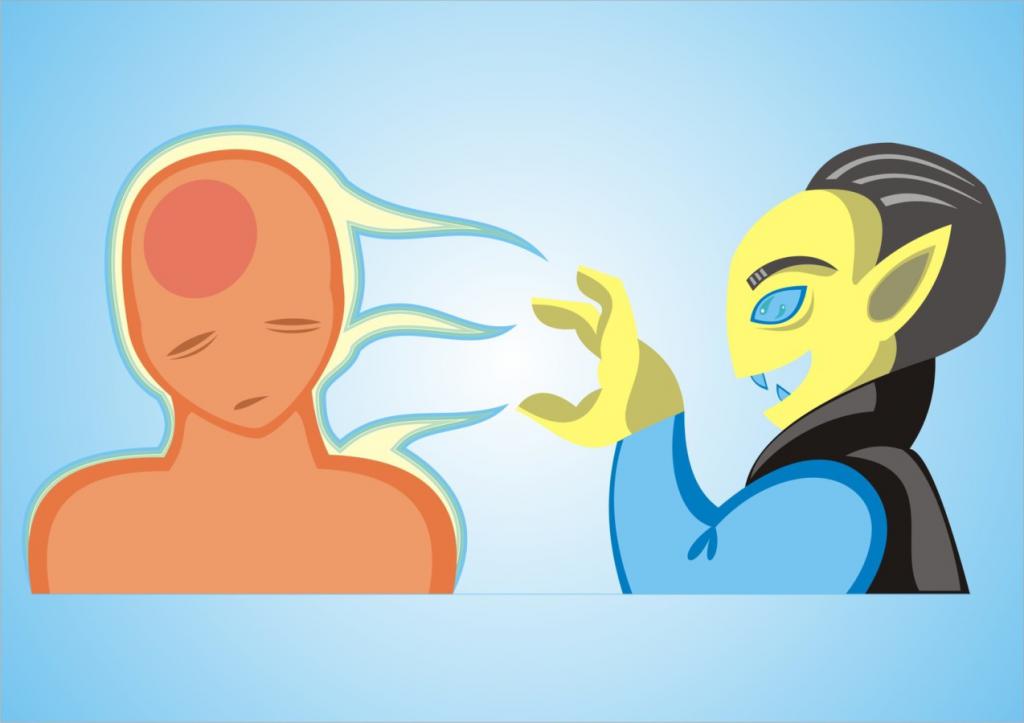
•••
Andrei was often laughed at at school and university. Therefore, he painfully experiences any possibility of rejection. When his letter is not answered for a long time, it begins to seem to Andrei that he is “not the right one,” and his usual shame instantly turns on. Instead of just waiting, Andrei unconsciously tries to avoid shame, forget about it and procrastinate. Energy goes to waste.
Lisa is ashamed of her body. Any mention of revealing clothes, beaches, swimming pools, any situations in which she may not look the way she would like, causes Lisa to have a fit of shame and automatic thoughts in which she scolds herself. Of course, this self-flagellation takes a lot of energy.
•••
Feelings of habitual shame are often accompanied by thoughts in which we unduly generalize our bad traits and devalue our good ones:
“I always…”
“I never have anything…”
"I'm just a loser."
"They praise me, but they just don't know that I'm really worthless. "
"
Quite simply:
"I have a fat ass" (which outweighs and cancels all the good things I have done or have).
Habitual anxiety
This is a very understandable and well-known energy leak. Sometimes it is easier to detect it than the usual resentment.
•••
Masha is afraid of flying. She doesn't usually fly, but in August she will have an inevitable flight to and from the US. Despite the fact that it is only April, Masha has already begun to worry, and this anxiety takes a lot of energy from her.
Vitaliy passed an analysis that can confirm or refute an unpleasant diagnosis. The results will come after seven days, and Vitaly knows that all these seven days he will not be able to work at full strength.
•••
But there are also less obvious cases: some of us are very good at hiding our anxiety from ourselves, making it completely unconscious. Perhaps your energy is being eaten up by habitual anxiety, if you:
• hate to rest and take breaks, strive to fill the whole day with useful activities;
• for some reason you can't sit still, although your mood is not upbeat, you feel like walking, it's hard to concentrate.
Anxiety can be caught by learning to check muscle tension. Often a person in latent chronic anxiety pinches and raises his shoulders, involuntarily strains his back muscles. The voice becomes higher, the speech speeds up. The ability to catch and be aware of your hidden anxiety can help you find this energy hole.
Publisher: Alpina PublisherHabitual irritation
The feeling of habitual irritation is almost never realized by us. If a person begins to realize that the hole in his energy is in this area, then he usually says:
"I fuss too much and exchange my life for trifles."
"I have so many responsibilities that I just can't think of anything else."
"My life is too messy, everything should be properly organized."
Metaphorically, this state of habitual irritation can be described as a cloud of midges, from which a person must constantly brush aside. For example, feminists believe that a woman usually has a greater mental burden in a family than a man. This means that even if a man is ready to help her, a woman still has to remember and link together all the little things to ensure the life of the family (logistics, education and treatment of children, caring for things, home). It is on this, and not on the actual performance of household chores, that most of her energy is spent (and women still, as a rule, work).
This means that even if a man is ready to help her, a woman still has to remember and link together all the little things to ensure the life of the family (logistics, education and treatment of children, caring for things, home). It is on this, and not on the actual performance of household chores, that most of her energy is spent (and women still, as a rule, work).
Of course, the feeling of habitual irritation occurs not only in women. The feeling of constant fuss, whirlwind, squirrel wheel, web, inconvenience or lack of freedom that you experience in life, this is the usual irritation. Actually, irritation is a feeling that does not reach anger; it occurs when you feel inconvenience, discomfort, frustration and cannot get rid of their cause.
The usual irritation may have the simplest start buttons, especially if there is not much energy in principle. Recall the previous chapter about asthenics. Sometimes irritation can turn on, and energy can drop simply because in winter you have to dress warmer and wear heavier clothes.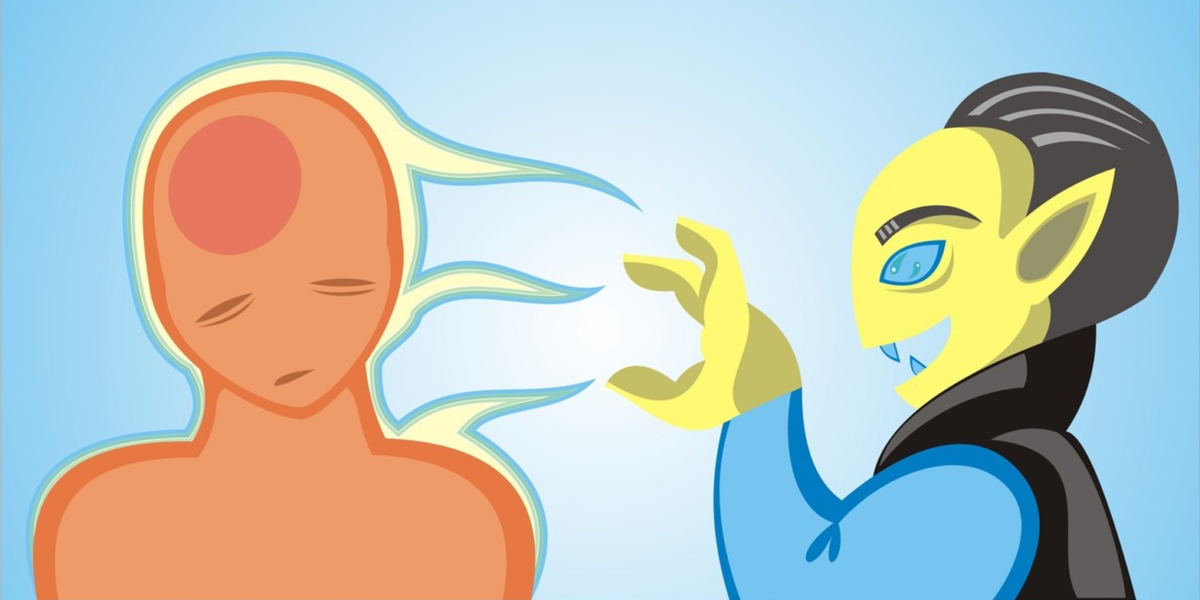
The "Princess and the Pea" feels the usual annoyance at the little things, but the energy of a crazy busy workaholic can leak into the same hole.
Habitual helplessness, or the Dragon is nearby
This habitual feeling is familiar to you if there is a person or people near you who suck energy from you. For example, a boss who imperceptibly devalues the fruits of your labor. Or a couple of colleagues laughing behind their backs. Or an older relative who can spoil the mood with one phone call.
They are not actually sucking your energy. The energy is spent on those habitual feelings that arise when you communicate with these people. As I once put it, "energy vampires don't exist, but dragons do." I call dragons people with whom you almost always find it difficult. While interacting with the dragon, you constantly dodge so that it does not burn you or eat you.
Dragons are different: angry, devaluing, passive-aggressive (such a dragon can be deadly silent for three days, while you will be furious in a futile attempt to get in touch with him) and others. The dragon always evokes intense feelings in you: anger, anxiety, ultimately helplessness, because there is nowhere to go from the dragon, but it exhausts you in order. It is in these feelings, as in a hole, that your energy goes.
The dragon always evokes intense feelings in you: anger, anxiety, ultimately helplessness, because there is nowhere to go from the dragon, but it exhausts you in order. It is in these feelings, as in a hole, that your energy goes.
Habitual desire for quick rewards
Strictly speaking, this is not a feeling, but I included it in the list of energy holes, because it is the one that is most quickly discovered in themselves by those who complain of laziness and procrastination.
The mechanism is simple. Our brain needs to regularly experience a sense of satisfaction with what we have done. But when you do difficult work, the feeling of satisfaction can be delayed for a long time. If at the same time we are also full of other habitual feelings that cause us discomfort, the situation becomes critical, and the brain begins to look for familiar quick ways to get the right substances. Such ways can be: food (especially sweet), tea and coffee, alcohol, receiving and processing simple content (social networks, videos, series).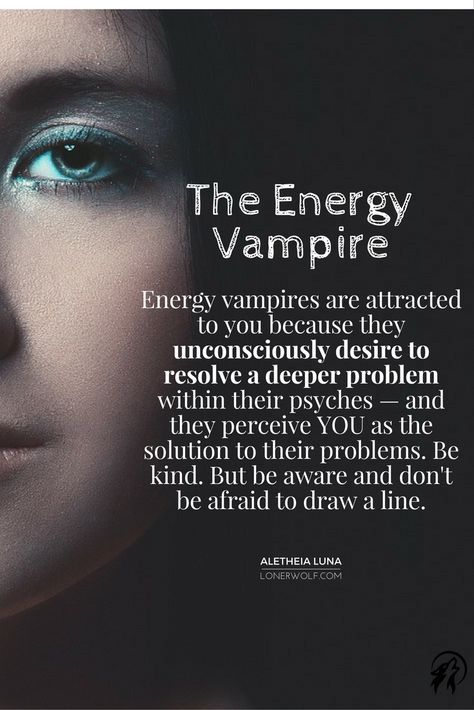
This is how addictions and obsessions arise and intensify, primarily addiction to gadgets. The brain simply cannot choose "more complex food" because it needs a quick treat that it won't waste energy on. Gradually, he weaned from more complex ways of obtaining satisfaction, always preferring simple dopamine buttons (speaking only about dopamine, I greatly simplify, but here I do not set myself the task of fully explaining the neurophysiological mechanism of what is happening).
This is similar to the problem that young guys came to me with when I was a sexologist. Erections from masturbating to porn were much more persistent, because in ordinary sexual interaction with a partner it is difficult to achieve the same degree of intensity of sensations and quick satisfaction. The brain chooses a guaranteed path to the goal.
If we are not talking about sex, but about work and leisure, then it turns out that the abundance of habitual “energy-intensive” feelings leads us to the fact that our brain does not have enough energy to choose complex activities and wait for satisfaction for a long time.

